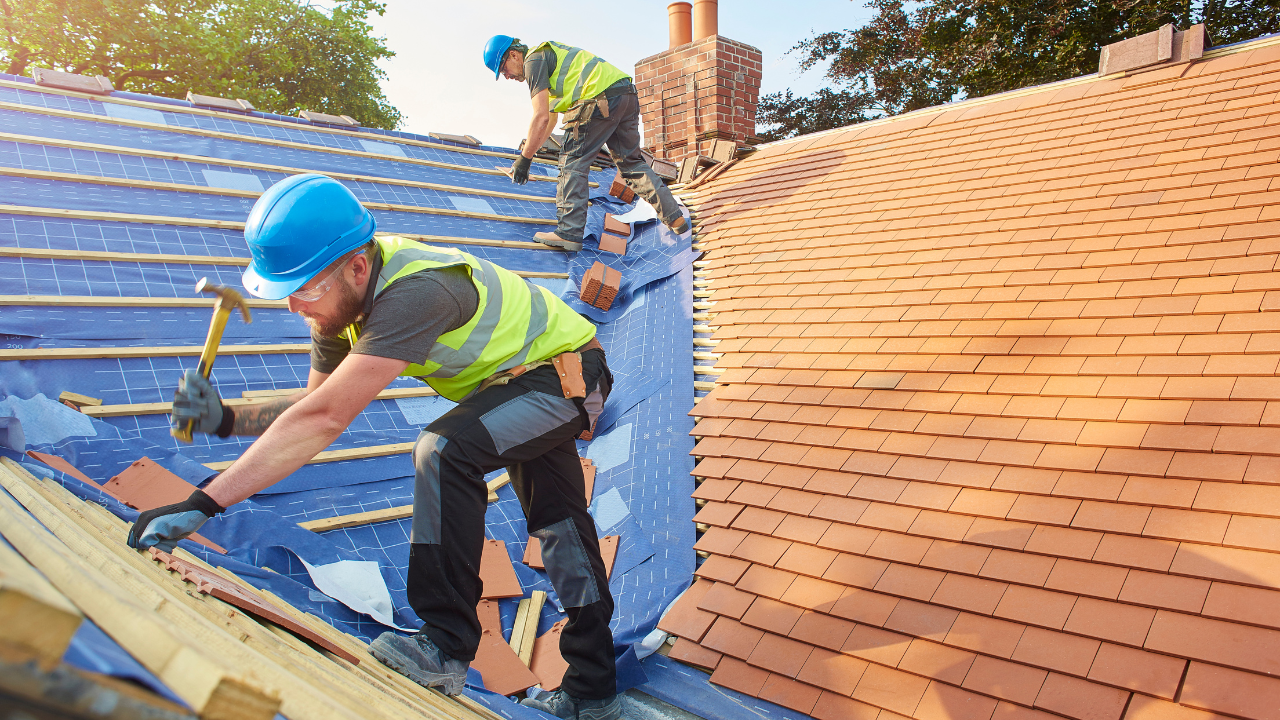
Your roof does more than just protect you from the rain and sun; it plays a crucial role in the energy efficiency of your home. A well-designed and properly maintained roof can help keep your home cooler in the summer and warmer in the winter, leading to significant savings on your energy bills. Understanding how your roof affects your home’s energy efficiency is the first step toward making improvements that can enhance comfort and reduce costs.
The Role of Roofing Materials
The materials used in your roof have a significant impact on your home’s internal temperature. Traditional asphalt shingles absorb a lot of heat, which can then be transferred into your attic and throughout your home, making your air conditioning work harder. On the other hand, materials like metal, slate, or clay tiles reflect more sunlight and emit heat more efficiently, keeping your home cooler. Light-colored roofing materials, or those with a “cool roof” coating, can further enhance this effect by reflecting more sunlight away from your home.
Insulation and Ventilation
Optimal insulation and ventilation in your attic are crucial for enhancing your home’s energy efficiency. Insulation acts as a barrier, preventing heat exchange between your home’s interior and the external environment. It keeps warm air inside during winter and blocks it out during summer. Ventilation complements insulation by allowing excessive heat to escape from the attic, preventing it from permeating through your living spaces. This synergistic effect between insulation and ventilation significantly reduces the workload on your heating and cooling systems, leading to decreased energy consumption and costs.
The Shape and Slope of Your Roof
The design of your roof also influences its energy efficiency. Roofs with a steeper slope tend to be more efficient in rainy and snowy climates, as they allow water and snow to run off more easily, reducing the risk of leaks and water damage that can affect insulation. A roof’s shape can affect air circulation and how sunlight hits your home, which in turn can impact your home’s heating and cooling needs.
When to Consult a Professional
If you’re considering upgrades or repairs to improve your roof’s energy efficiency, consulting with a professional is crucial. A commercial roofing contractor can assess your current roof’s condition, recommend materials and designs that are suited to your climate, and ensure that installations or repairs are carried out correctly. They can also advise on additional energy-saving measures, such as installing solar panels or green roofs, which can further reduce your energy bills and environmental impact.
Conclusion
Your roof is a key player in your home’s energy efficiency, influencing heating and cooling costs, comfort levels, and even your environmental footprint. By choosing the right materials, ensuring proper insulation and ventilation, and considering the design of your roof, you can enhance its energy efficiency. For those looking to make significant improvements, consulting with a professional roofing contractor is an essential step. With the right approach, your roof can become a vital component of your home’s energy-saving strategy, leading to long-term savings and a more comfortable living environment.
See some more of my home-related posts here
